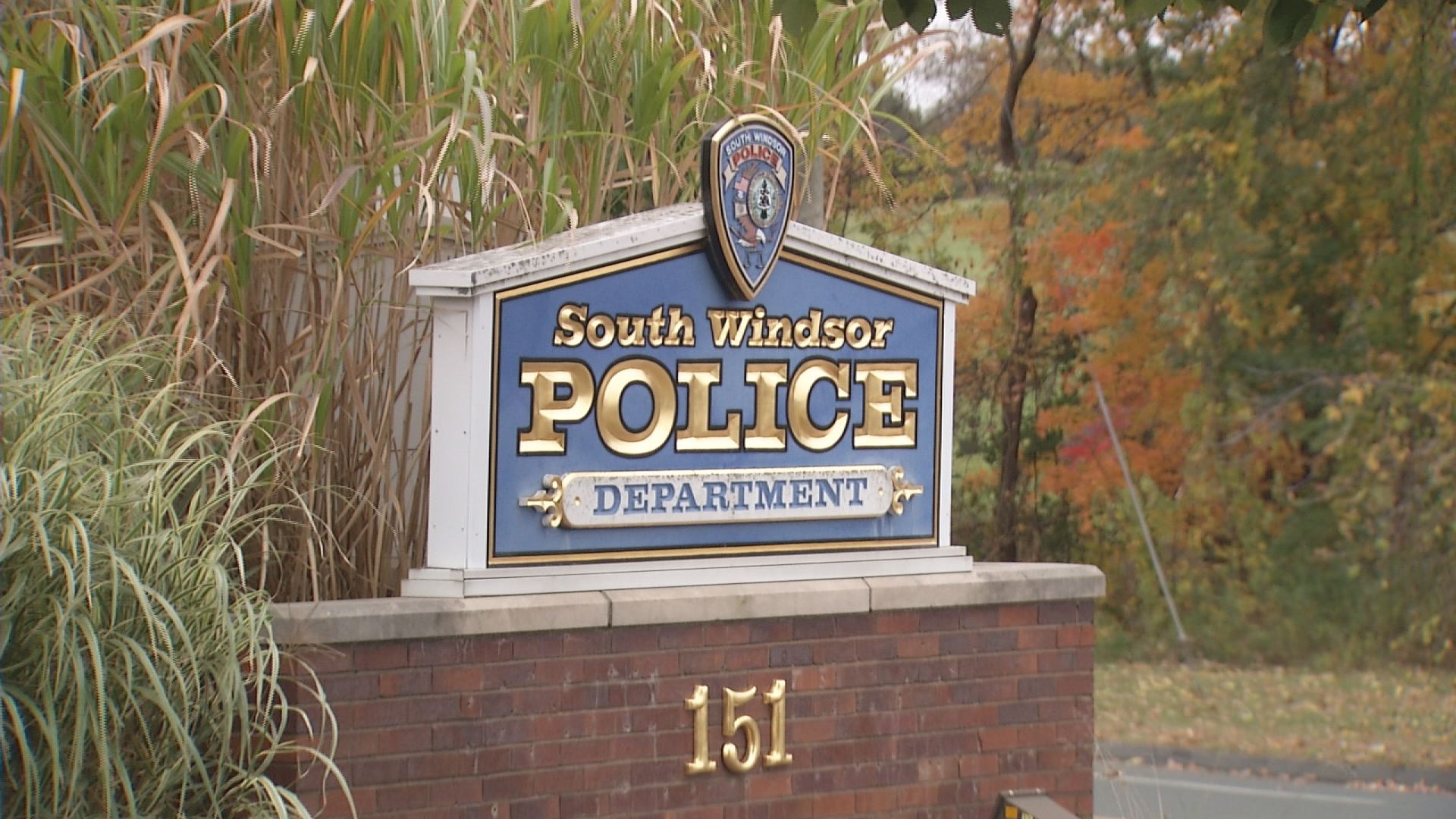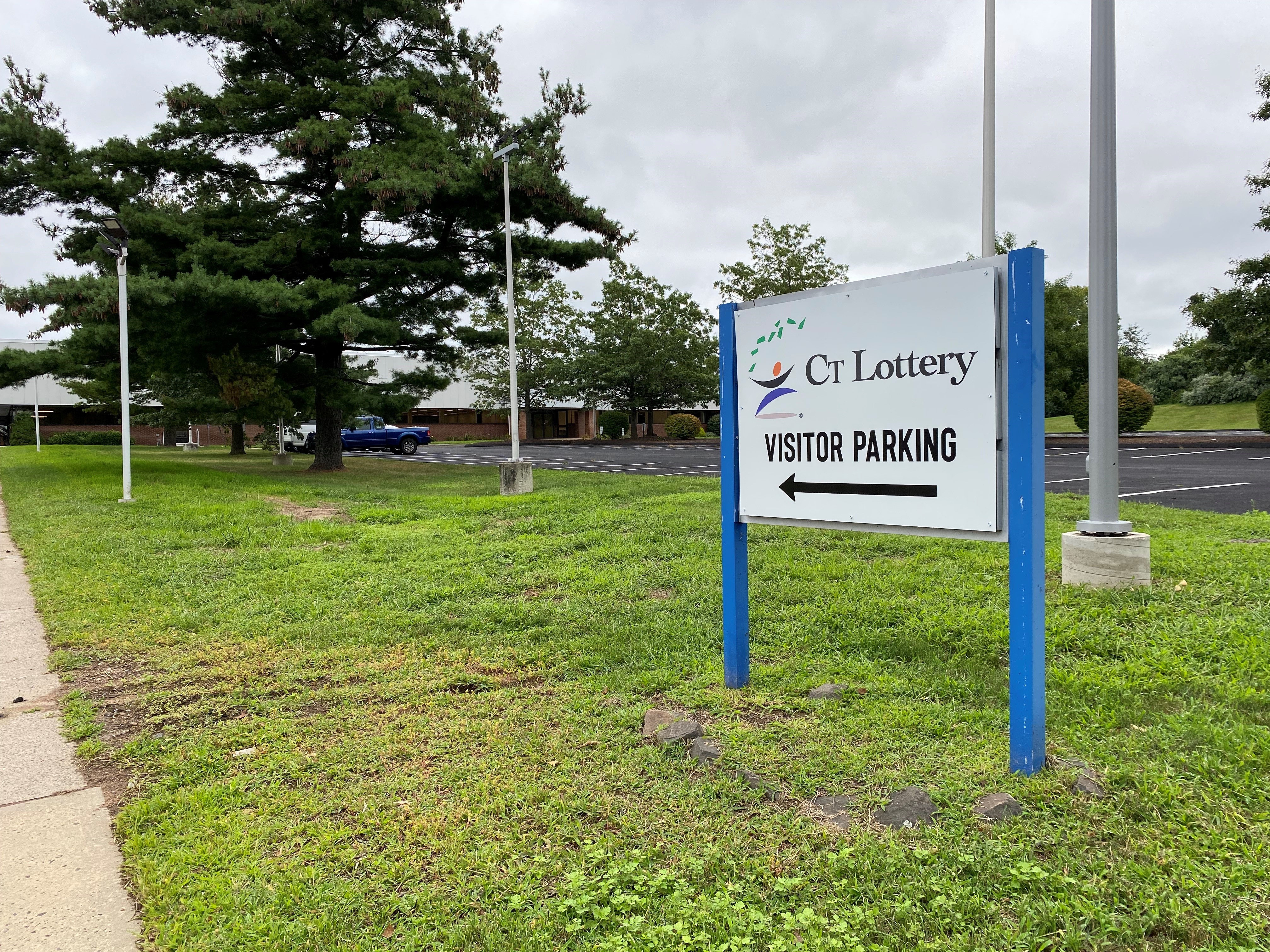Four police chiefs in five years. To say turnover in the New Haven Police Department is a problem would be a gross understatement.
The police department is currently under scrutiny for an inmate becoming seriously injured during a ride in a transport van.
So why does the top cop in of Connecticut's biggest cities change so often and can it contribute to crime in the community?
NBC Connecticut's Mike Hydeck spoke with Southern Connecticut State University Political Science Professor Jonathan Wharton about it.
Get Connecticut local news, weather forecasts and entertainment stories to your inbox. Sign up for NBC Connecticut newsletters.
Mike Hydeck: "So Professor Wharton, how much would you say politics plays into the fact that the chief seems to change so often in New Haven?"
Jonathan Wharton: "It's a little more complex than just the politics. It's also the dynamics. The fact that there's also, you know, an engaged Board of Alders that has to go through the confirmation process after the mayor does the initial appointment, still has to go through at least a subcommittee, and certainly through the full Board of Alders, and many people in Connecticut are familiar with the fact that in New Haven, there are 30 alders. So you have a lot of personalities. And you can imagine the politics that come with that. In addition, we also have, at least in New Haven, a new civilian review board as well. So there's another dimension to add to on top of the mayoral and even the alder scrutiny, whoever the candidates are, whoever the police chief would be."
Mike Hydeck: "So the civilian review board goes over police conduct, is that basically their their job?"
Local
Jonathan Wharton: "Correct. And they've only been instituted recently. So it's really been in our deal in New Haven, just the CRB."
Mike Hydeck: "So Mayor Elicker's nomination of Renee Dominguez would have been the first female chief, she was many years on the force, grew up in New Haven, familiar with it. Do we know why she didn't end up getting the permanent job, was that ever made public?"
Jonathan Wharton: "Well, what was said at least was that there were concerns by number of alders that she was not a suitable fit or candidate for this position, and not at this time. There's also concern that there needed to be additional promotions, especially for many minorities who could be assistant chiefs, because there are some positions that still remain vacant, you know, before even who was going to fill in this chief position. So there were some concerns by a number of alders that, you know, they made it known that they were not on board with her candidacy."
Mike Hydeck: "Another look at the big picture here, former chiefs Campbell and Reyes both left for other law enforcement jobs at private universities. What does that say about how the City of New Haven treats this police job, both in compensation, benefits and other factors?"
Jonathan Wharton: "Well, that's been a long-term issue for the police department in New Haven. The benefits and in some instances, the pay, are not as competitive as it could be, not just for areas, compared to area suburbs, but even compared to other cities. So how do you draw in a talent pool of candidates, not even just for police chief, but even for assistant chief? So this is something that the Board of Alders and the mayors had to grapple with for a while even before Mayor Elicker was mayor, this was something that has been going on for for years, unfortunately, for New Haven."
Mike Hydeck: "And does that affect recruiting in your mind, as well?"
Jonathan Wharton: "Oh, absolutely. It does, and credibility for the police department. And what do you do about sustaining a police force to remain on for as long as possible, if you know, some of your candidates or even some of your recruits who are going to be on the police force could be recruited elsewhere. So it's a very competitive environment, and it is an issue."
Mike Hydeck: "So that's even just getting rank and file to be on the street. And the continuing refrain we hear is, 'we want people to connect with the community. We want to know, you know, the faces who live in these neighborhoods, know the police officers.' But if the chief changes, that changes everything."
Jonathan Wharton: "That's key. And I don't want to ignore as well, community policing, right, because that's an interesting angle that New Haven has been very proud of, in the sense of what you're speaking towards, the police being involved, if possible, living in the community, and being a part of the community. And that is so important in New Haven because New Haven practically invented it in the 90s."



